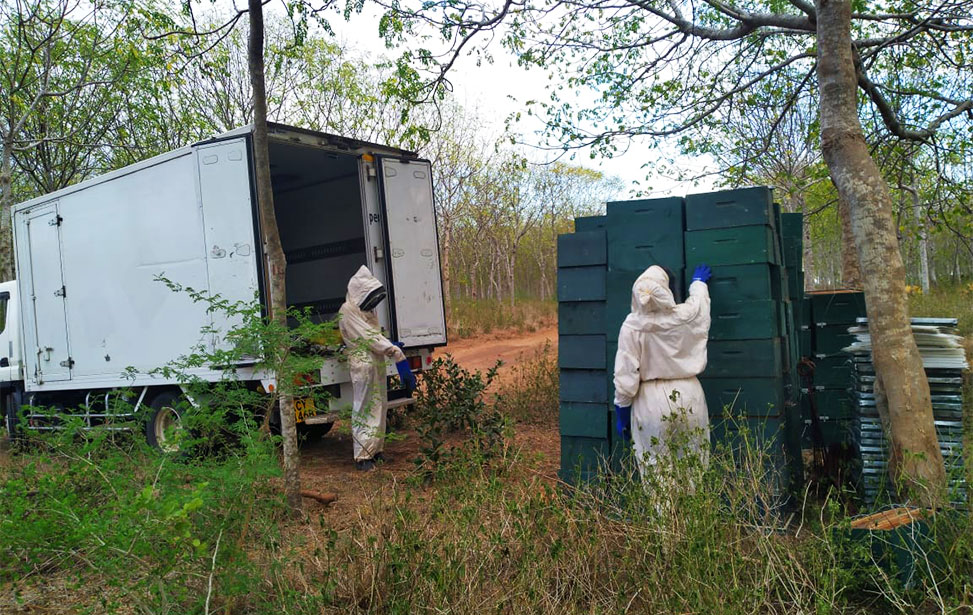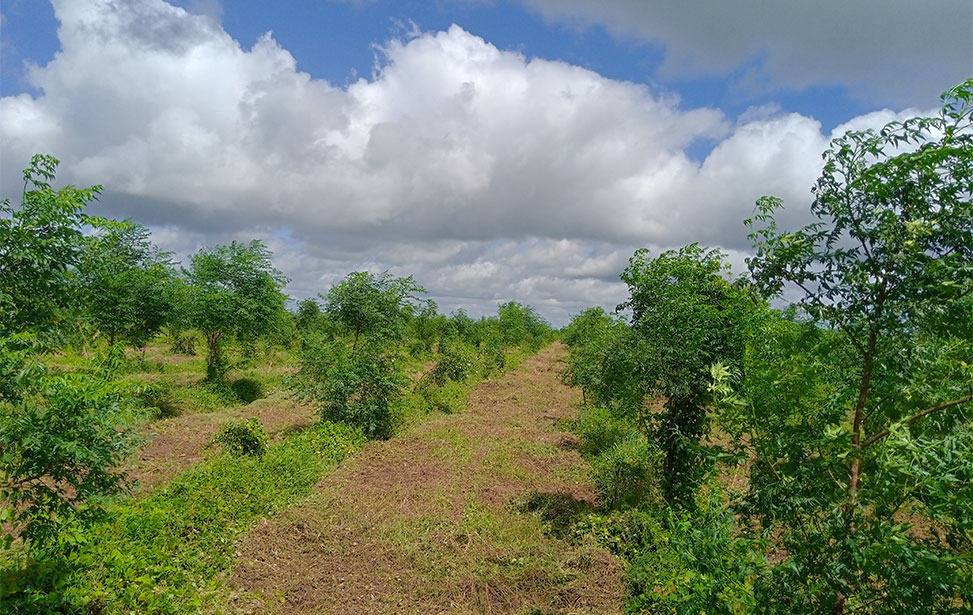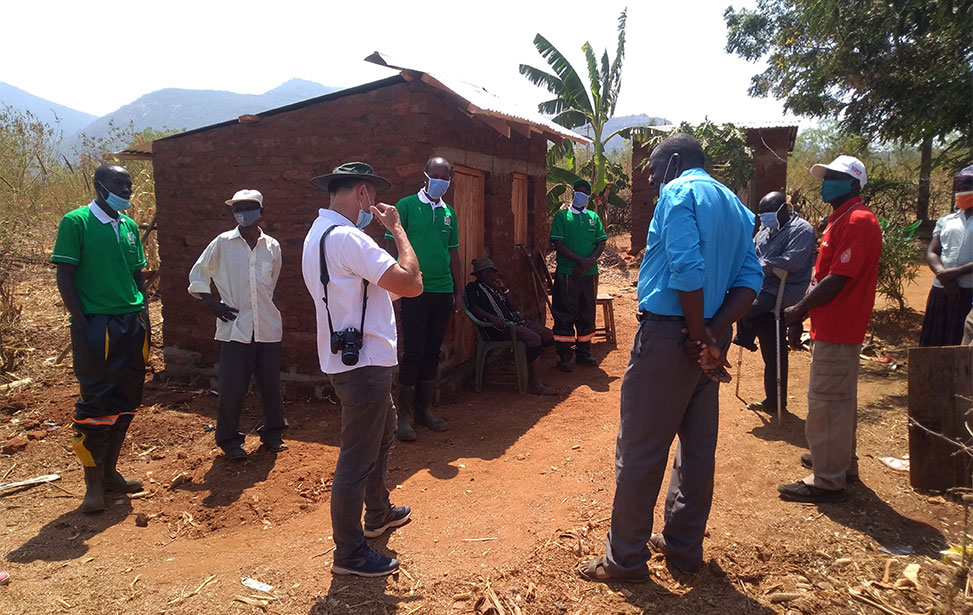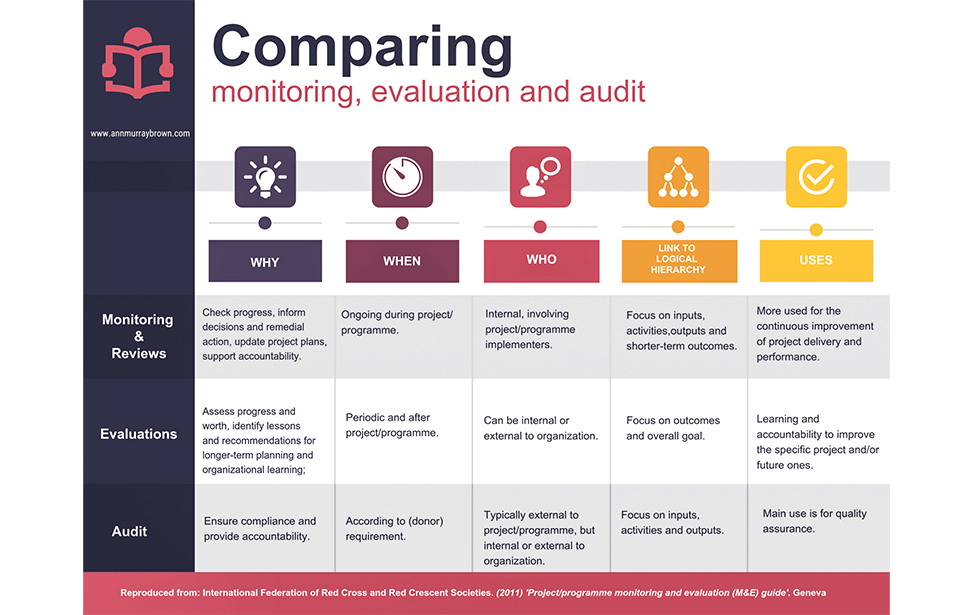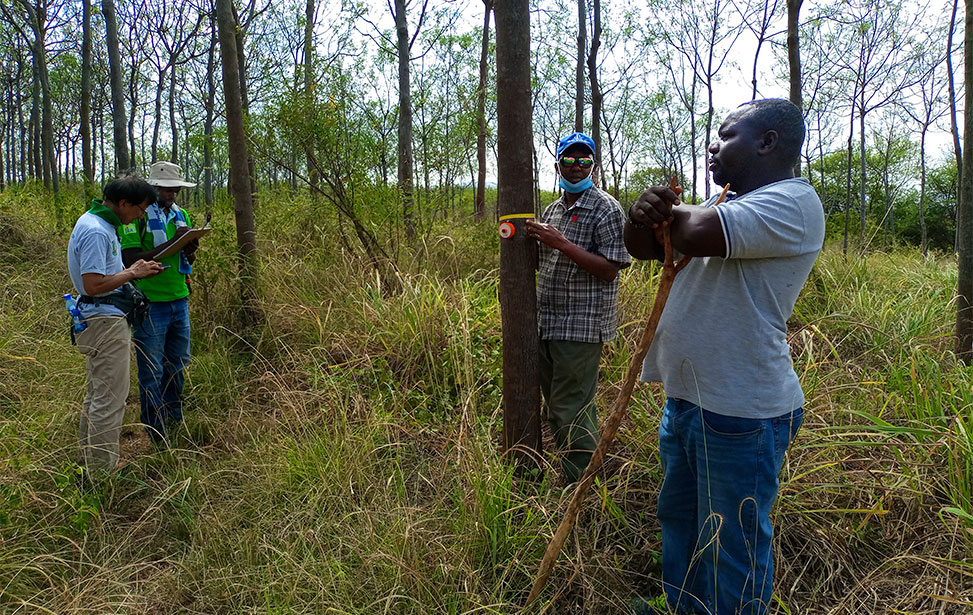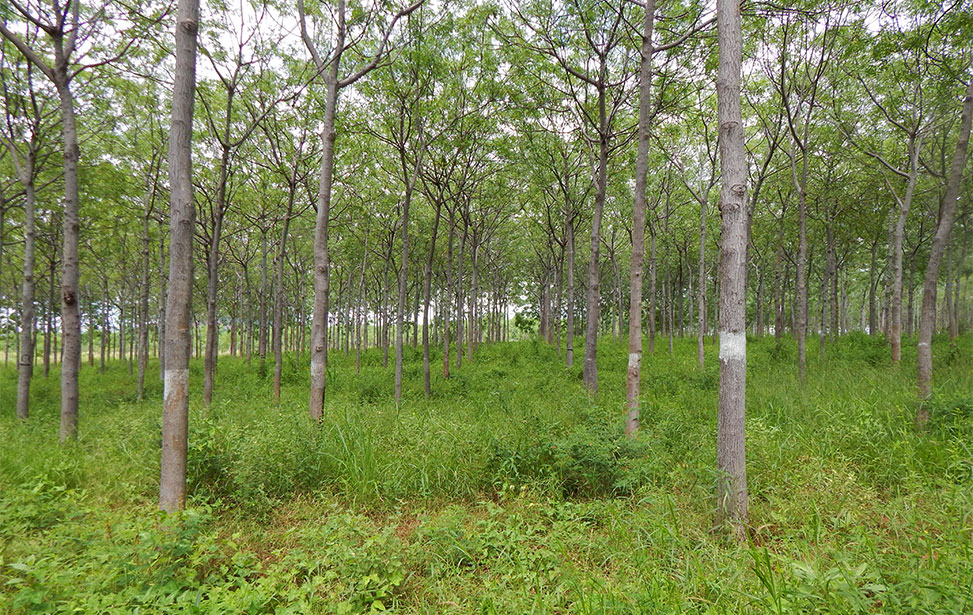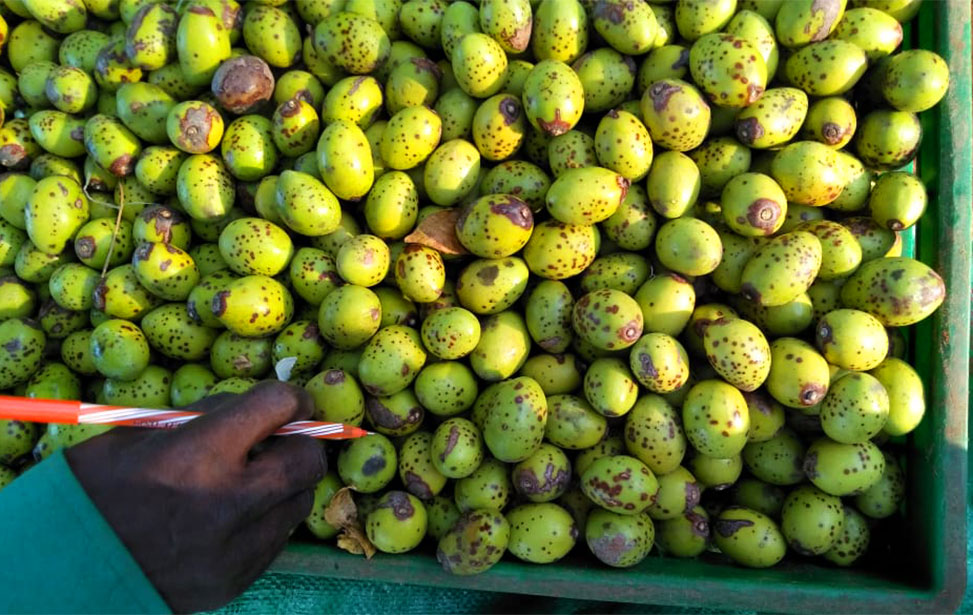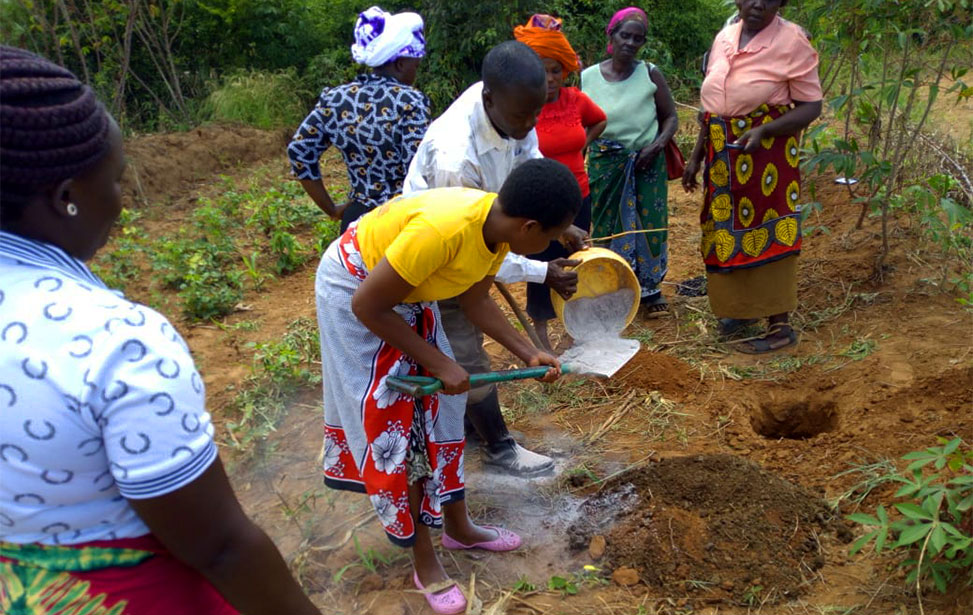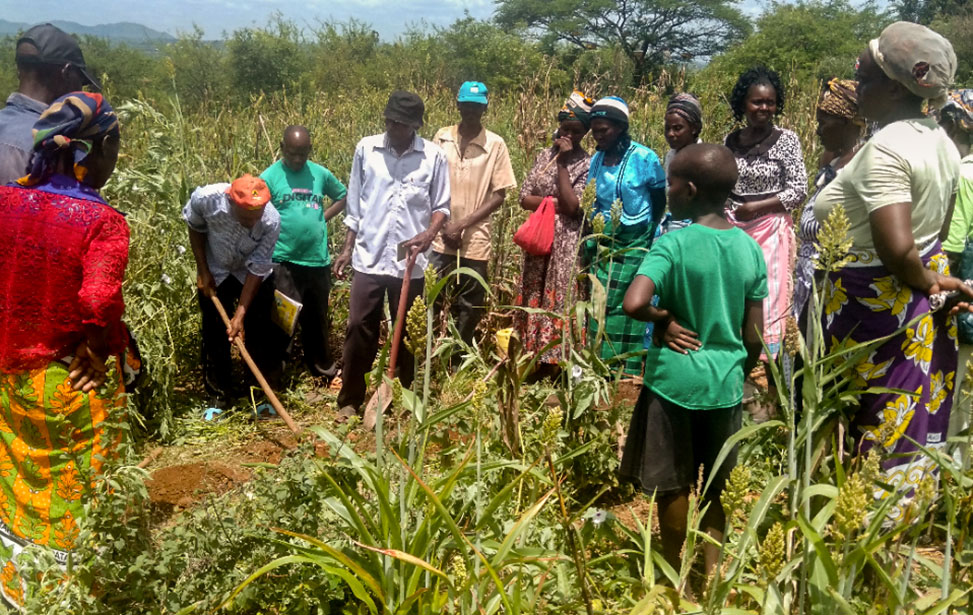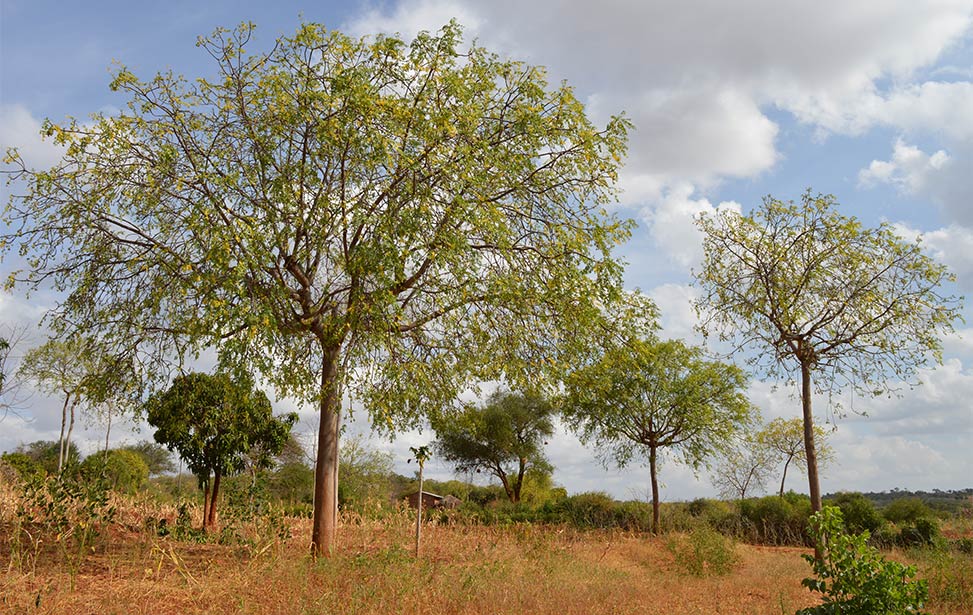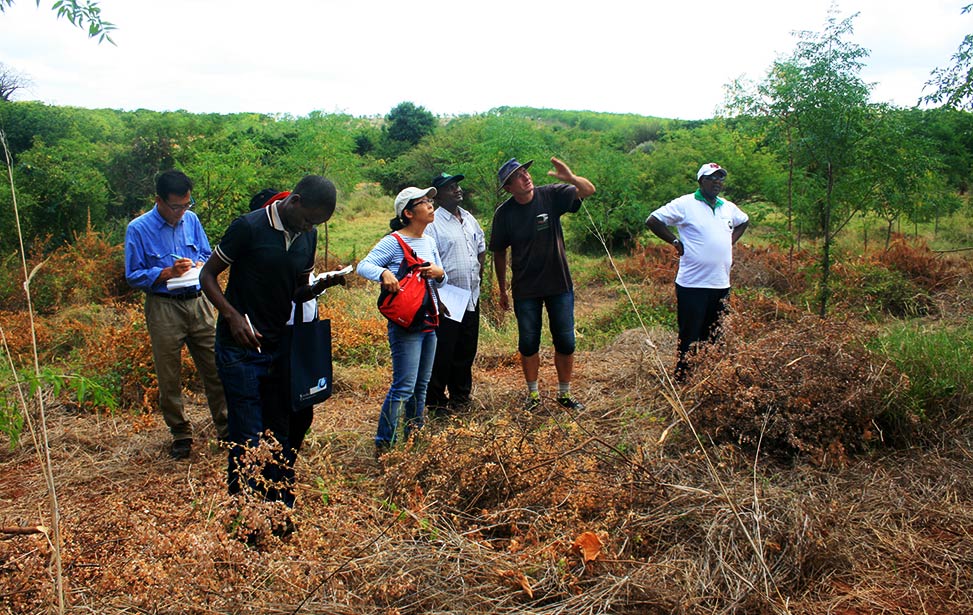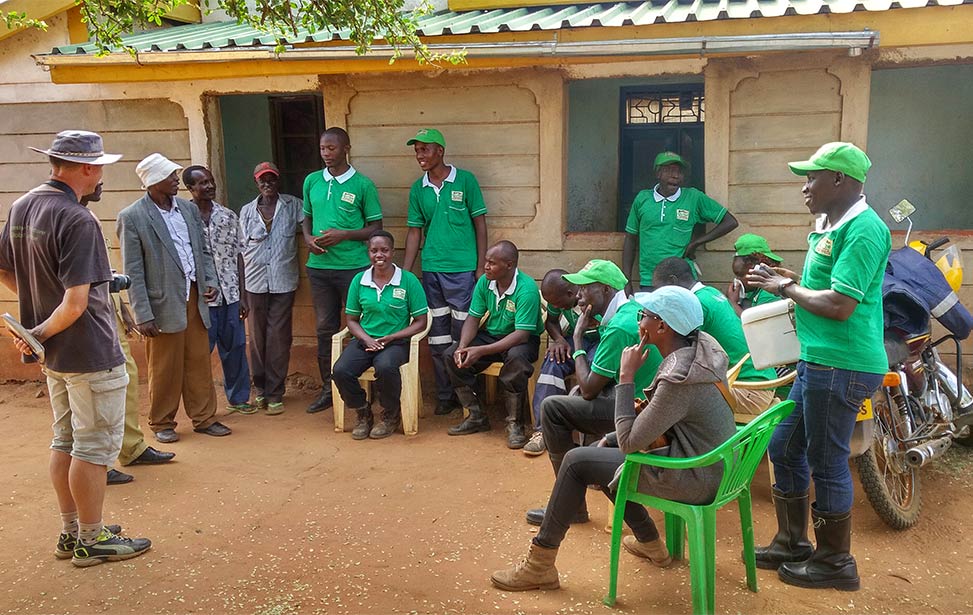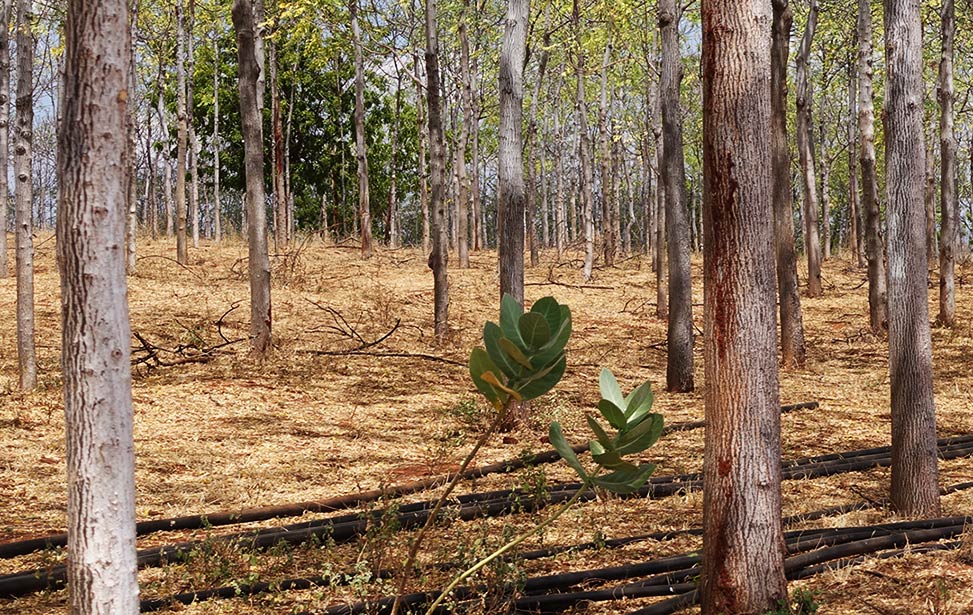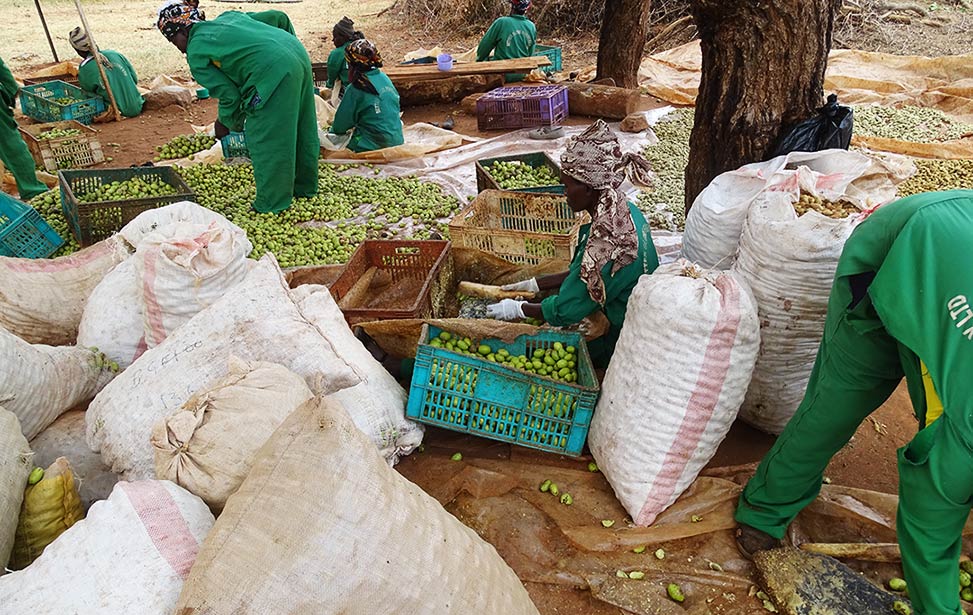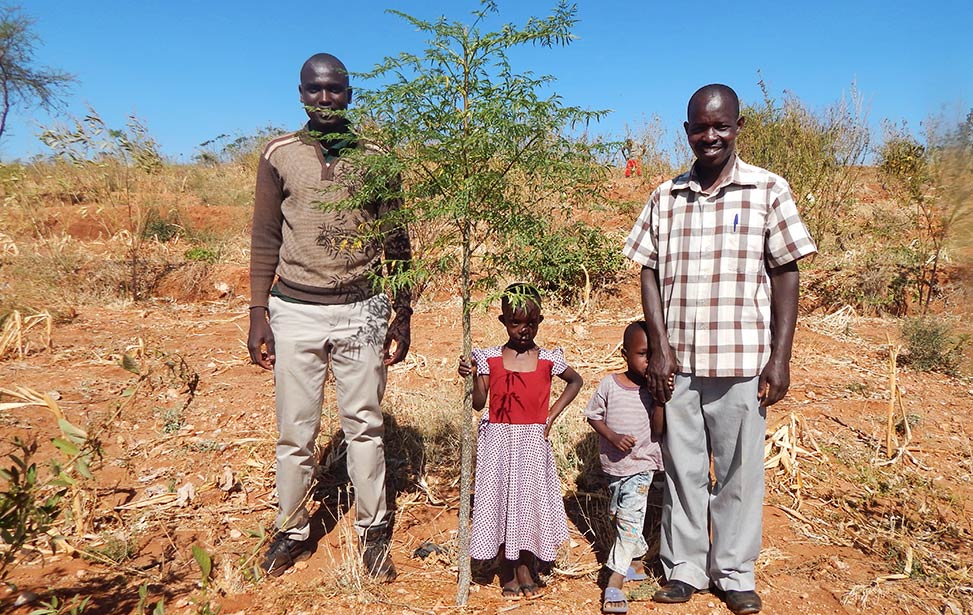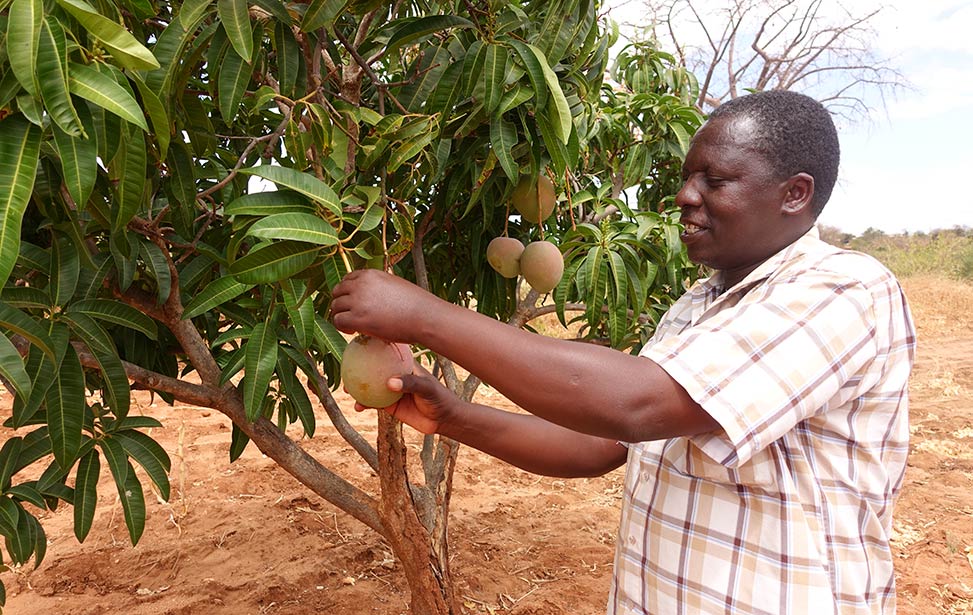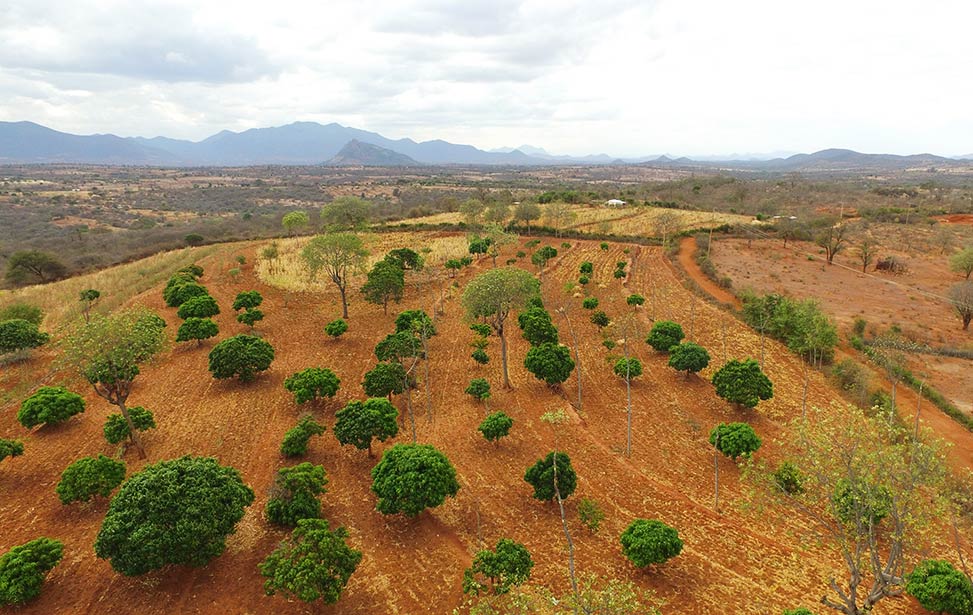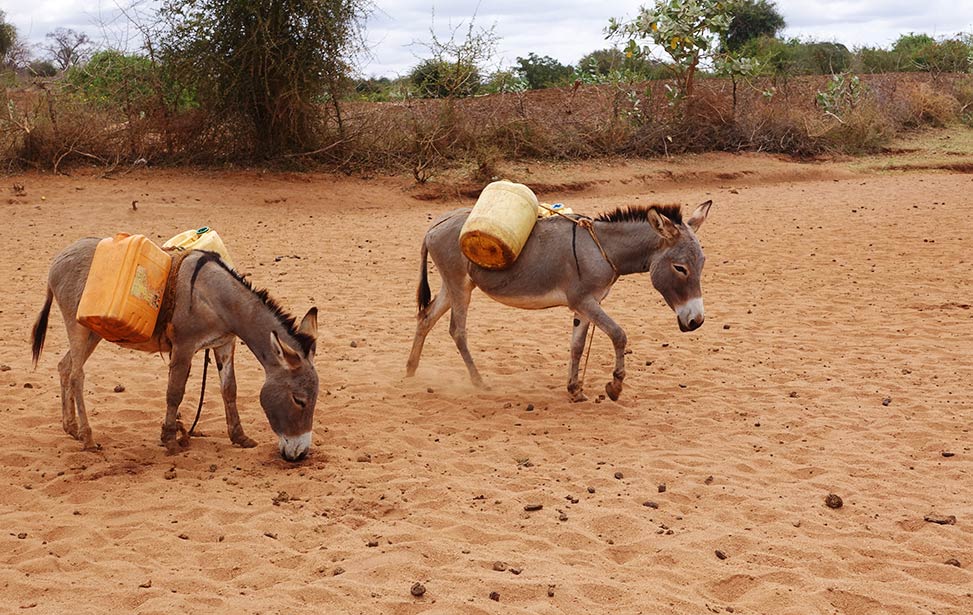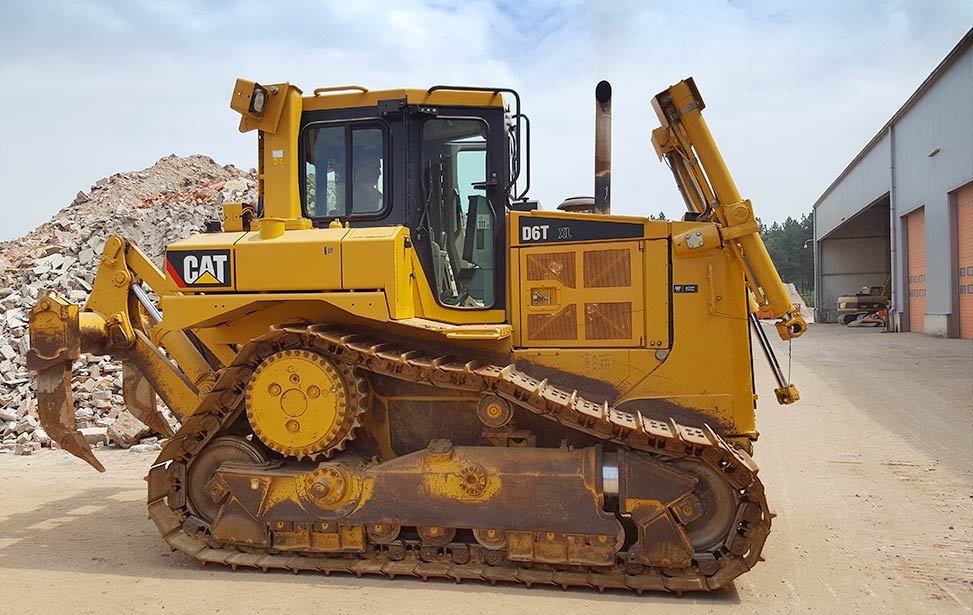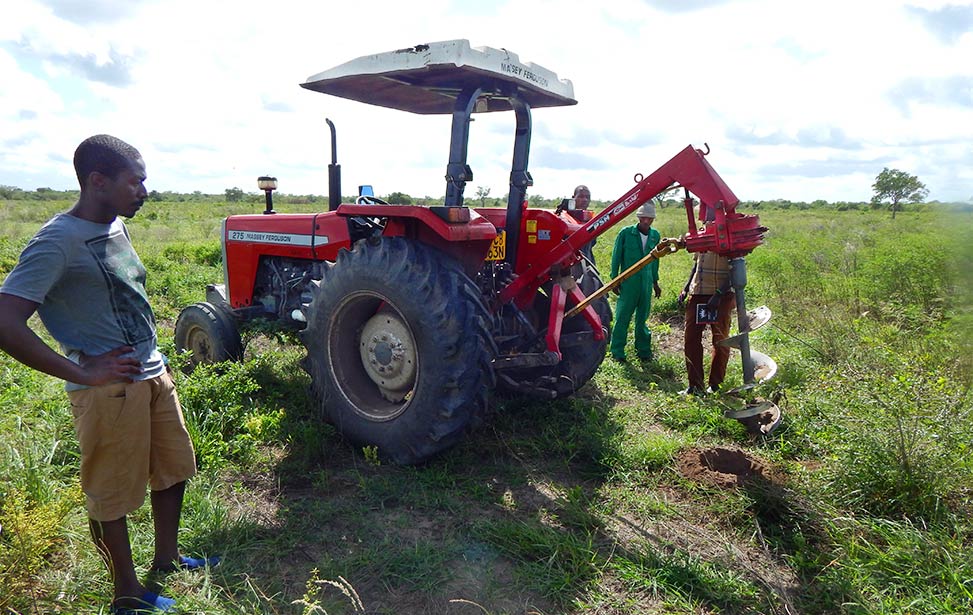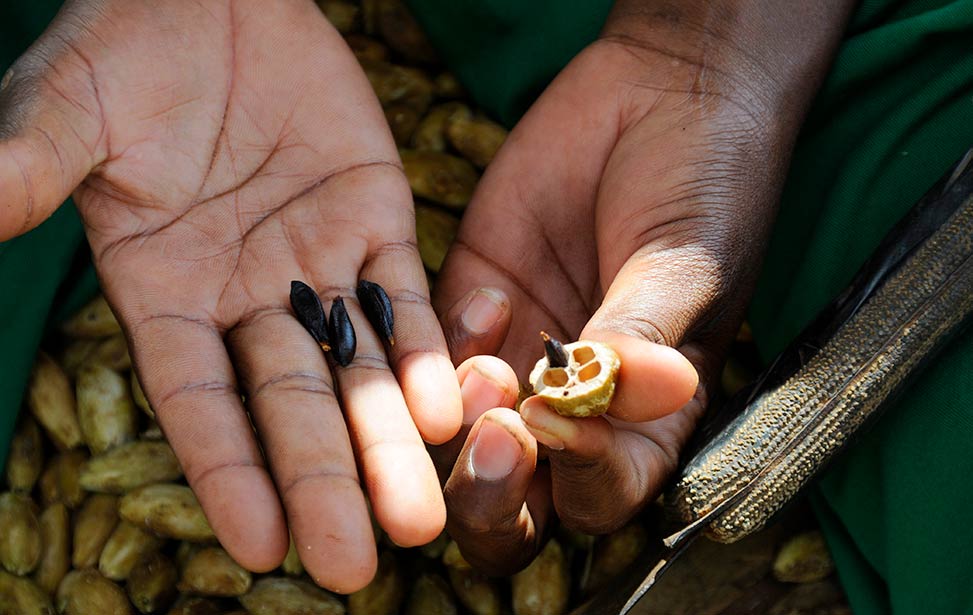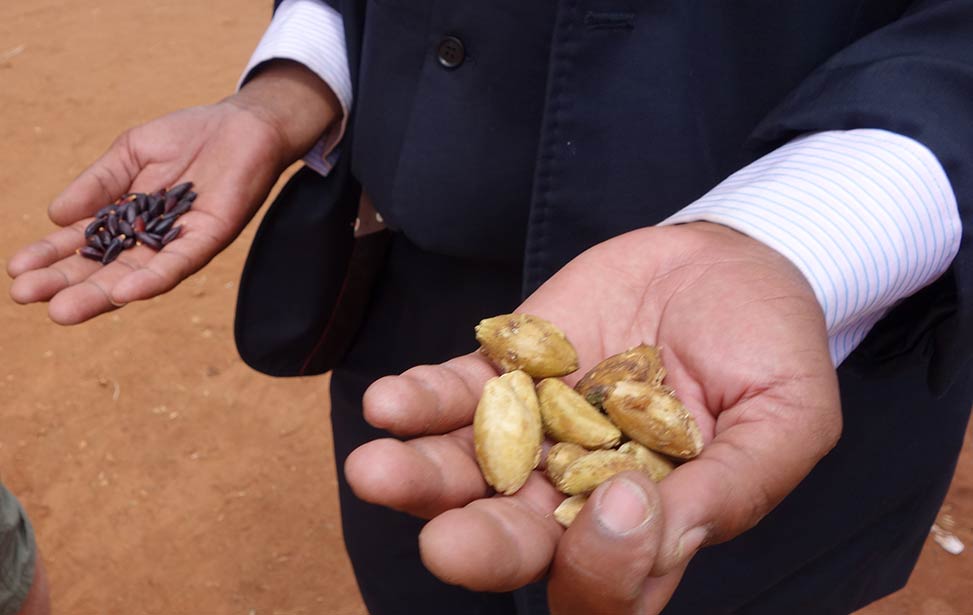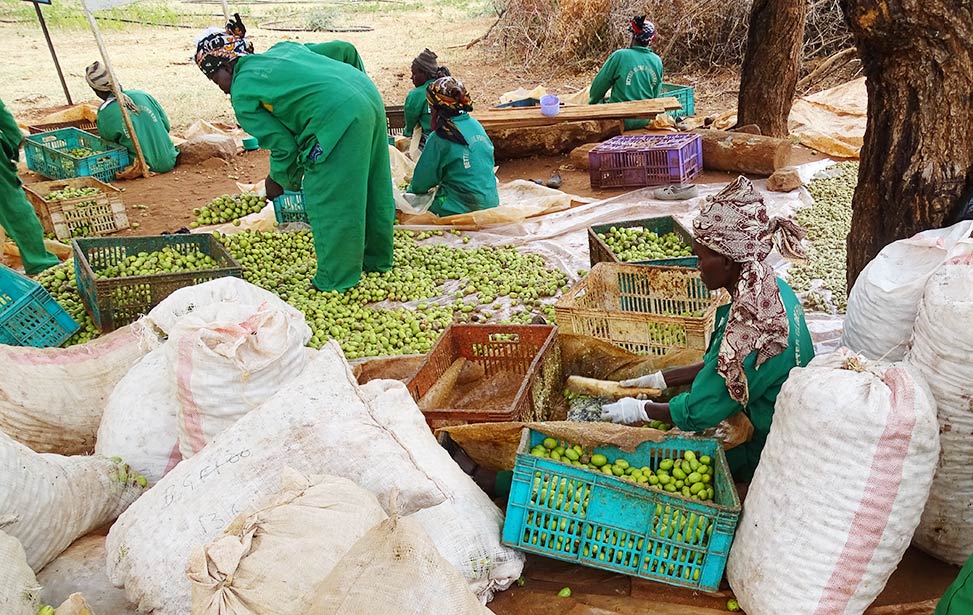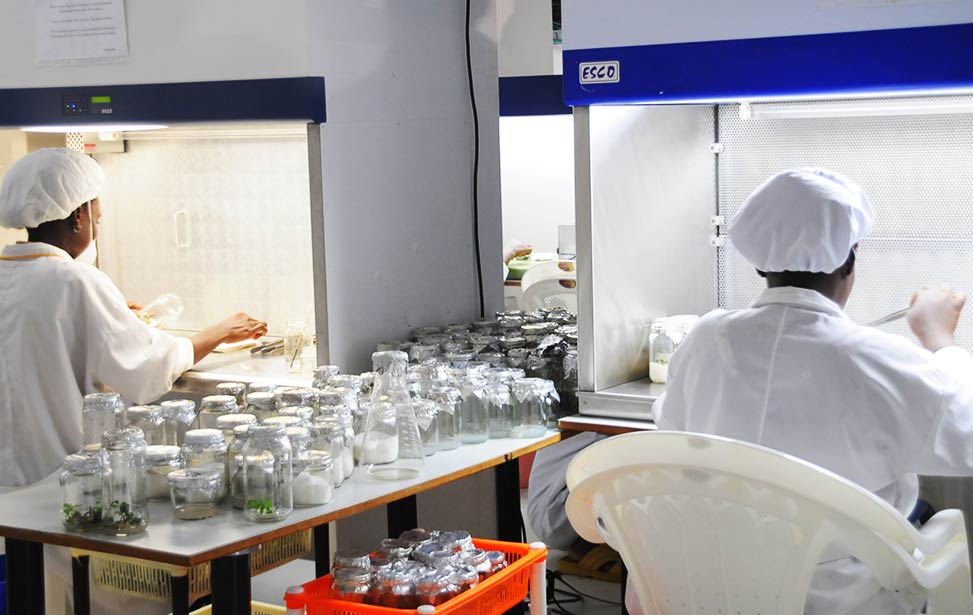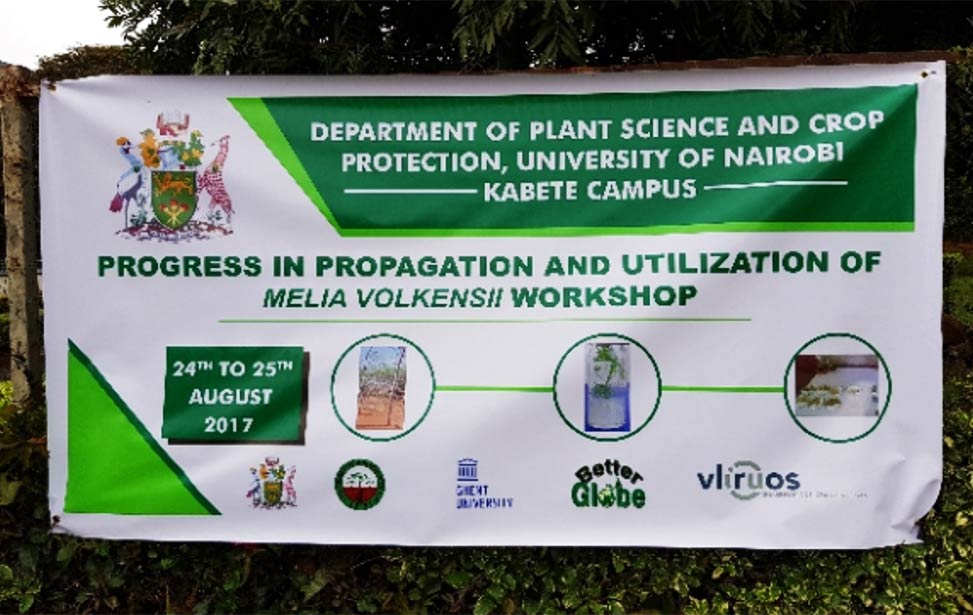
- Jan Vandenabeele
- Jan. 22, 2018
A workshop was held in Nairobi on 24th and 25th August 2017 to discuss the progress in propagation and utilization of Melia volkensii. The project, being rolled out in Eastern Kenya, is a joint undertaking by the University of Nairobi (UoN), Kenya Forestry Research Institute (KEFRI), University of Ghent (UG) - Belgium, and Better Giobe Forestry, funded by the Flemish lnteruniversity Council's Development Program - Belgium.
This collaboration started in 2016 and is scheduled to end in 2017. It is concentrated on clonal multiplication of Melia volkensii through in vitro techniques and its use as a bio-insecticide.
UoN, KEFRI, and UG had each been studying independently the (in vitro) biotechnology of Melia volkensii. The bottle-necks, which are being solved by joining forces, are uniform root initiation, acclimatization to nursery conditions and survival after field transfer. Moreover, KEFRI had started the development of a bio-pesticide. It is related to the successful azadirachtin, which is extracted from the Indian neem tree (Azadirachta indica) which also belongs to the Meliaceae.
What is an MSc thesis?
An MSc Thesis requirement is intended to provide candidates with an opportunity to carry out an investigation in a particular area of interest and to make a substantive contribution to knowledge in the area. It is expected that the thesis will include a comprehensive and critical synthesis of the relevant literature and will also embody either a substantive theoretical contribution to knowledge, a rigorous empirical investigation or both.
To date, several Kenyan researchers/ students have done internships in Belgium, and staff of UG have visited Kenya two times. Material was bought to reinforce the capability of UoN's in-vitro laboratory. Two MSc thesis are in, preparation.
Better Globe Forestry, which focuses on the need to fight poverty by promoting massive tree-planting and sustainable agricultural programs, has strongly stimulated the partnership. It is rolling out a contract-growers program in Eastern Kenya, requiring high quantities of plantlets to be provided to farmers. It has an interest in producing high-quality planting material by micropropagation, to ensure homogeneity for future sawmilling. Through its previous cooperation with the Belgian Technical Cooperation, reinforced and continued by the Japanese Overseas Aid, KEFRI has established a firm basis for a tree breeding program, through collection of elite material of Melia, and planting it in provenance and progeny trials in several areas in Kenya. This is the material being initiated for mass-multiplication.
Through several presentations, by the leading proponents of the project, the state of progress was highlighted for an audience comprising students, staff of UON, UG, KEFRI, The World Agroforestry Centre, the KenGen Foundation and Better Globe Forestry.


